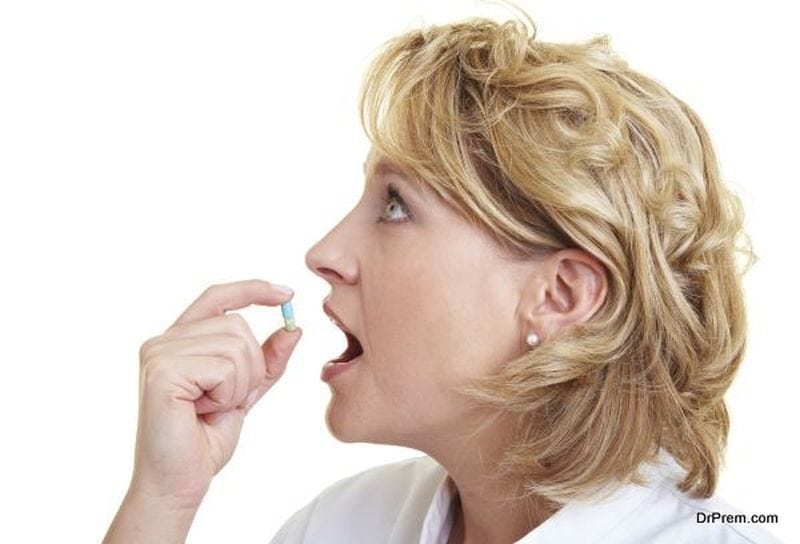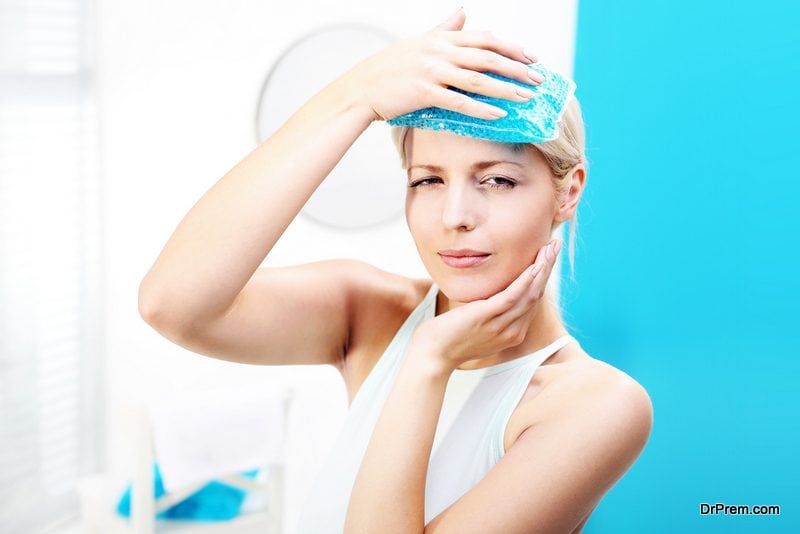Many people today are opting to take healthcare into their own hands and use more natural remedies instead of medications. Whether looking for something specific like natural remedies to cure pulmonary fibrosis or something more general like fitness trends, you can rest assured there are a lot of DIY routines, approaches, and remedies out there. However, while doing things yourself can be a great way to save money and rid your body of unwanted chemicals, it’s also important that you’re safe and smart too. Check out these six things to be mindful of when opting for DIY healthcare.
1. Pay attention to recalls
 If you’re using supplements, vitamins, or certain foods in your DIY healthcare routine, it’s very important you pay attention to recalls when they’re announced. While many recalls occur for prescription medications such as the recent Valsartan recall, there are times when certain foods or supplements may be recalled due to poor packaging or contamination. If you are regularly using a certain product or ingredient, make sure to take notice if there’s a recall or issue with it at any given time. Being in the know can ensure you stop taking it if/when necessary so that you don’t incur any additional illness or injury.
If you’re using supplements, vitamins, or certain foods in your DIY healthcare routine, it’s very important you pay attention to recalls when they’re announced. While many recalls occur for prescription medications such as the recent Valsartan recall, there are times when certain foods or supplements may be recalled due to poor packaging or contamination. If you are regularly using a certain product or ingredient, make sure to take notice if there’s a recall or issue with it at any given time. Being in the know can ensure you stop taking it if/when necessary so that you don’t incur any additional illness or injury.
2. Be aware of any negative interactions
It’s important to keep in mind that you’re not a healthcare professional and that even though certain supplements or ingredients may be natural doesn’t mean it all goes well with one another. It’s very important for you to be aware of any negative interactions with the ingredients you’re taking. For instance, some herbs and supplements have negative interactions with prescription or over-the-counter medications while others interact with other supplements. For instance, St. John’s Wort has been known to cause interactions with oral contraceptives and coumadin, among others. Before you switch to an all-natural health regimen, be sure you’re fully aware of what you’re taking.
3. Know the dosage and longevity
 Some natural ingredients are fine to use for extended periods of time while others are not, so it’s necessary you know the dosage for your body size and type as well as the longevity of the product. For instance, echinacea can have a negative interaction with caffeine and may cause jitteriness and headaches. In addition, melatonin should not be used with alcohol or any other sedation-based medications or supplements. Prolonged use of either of these supplements could create more harm than good, including blood disorders. If you plan on using either of these, understand how much you should take and how often.
Some natural ingredients are fine to use for extended periods of time while others are not, so it’s necessary you know the dosage for your body size and type as well as the longevity of the product. For instance, echinacea can have a negative interaction with caffeine and may cause jitteriness and headaches. In addition, melatonin should not be used with alcohol or any other sedation-based medications or supplements. Prolonged use of either of these supplements could create more harm than good, including blood disorders. If you plan on using either of these, understand how much you should take and how often.
4. Be open with your healthcare provider
If you see a regular healthcare provider, don’t try and hide the fact that you’re opting for DIY healthcare remedies. However, it’s still important for you to be open and honest with your healthcare provider about what exactly you’re doing or not doing. They will likely run tests, such as annual blood work, to ensure there are no underlying issues you should be aware of or any conditions that are arising from the natural care. Plus, your doctor may have some insight on dosage, longevity, and interactions that could be valuable to your overall health and well-being.
5. Take extra precautions if you’re pregnant
 Certain supplements can have different effects on different people, and when you’re pregnant, your body is changing and you have another life inside you to consider. Be sure to do your research about what supplements could be safe for you to take while pregnant or nursing and which ones you should avoid. For instance, if your doctor wants you to stay away from caffeine, then be sure to avoid supplements that help increase energy, such as ginseng. The last thing you want to do is put your baby at risk by trying to do the natural thing.
Certain supplements can have different effects on different people, and when you’re pregnant, your body is changing and you have another life inside you to consider. Be sure to do your research about what supplements could be safe for you to take while pregnant or nursing and which ones you should avoid. For instance, if your doctor wants you to stay away from caffeine, then be sure to avoid supplements that help increase energy, such as ginseng. The last thing you want to do is put your baby at risk by trying to do the natural thing.
6. Know the origin
Unfortunately we live in a world where people are always trying to scam others. Recent studies have shown that imported herbal supplements are not always what they claim to be, and you could be putting your health in serious risk if you take something that isn’t safe. Be sure to do your research on the manufacturer. Are they reputable? Are they located in the US? How do they handle or process their product? If you can get a seal of approval from the manufacturer, then you’re moving in the right direction.
Herbal remedies and natural supplements are a great way to help with your overall health, but it’s very important you play it safe.
Article Submitted By Community Writer




